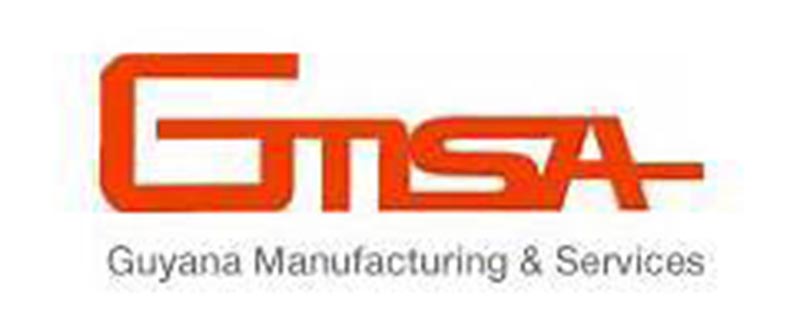Against the backdrop of what, over several years, has been a failure on the part of government to grant incentives and create opportunities for the meaningful expansion and growth of the micro- and small-business sector in Guyana, one of the country’s high-profile Business Support Organizations (BSOs) has issued a call for the government to ‘change gears,’ and to throw its weight more purposefully behind modest business ventures even as these continue to become manifestly worn down by the various pressures associated with the advent of the coronavirus pandemic.
On Saturday last, the Guyana Manufacturing & Services Association (GMSA) used its customary media assessment of the country’s annual budget to call for “an expansion of the grant component” on funding provided by the country’s Small Business Bureau (SBB) “to further improve small businesses’ capability and readiness for local content opportunities.”
In issuing the call for a more generous measure of grant financing from the SBB, the GMSA noted that much of the GMSA’s membership “is made up of small business owners especially in the agro-processing sector.”
Since its launch in 2013 the SBB has been unable to provide an adequate response to the growth ambitions of its members, particularly in the agro-processing sector, a circumstance that has drawn criticism from agro- processors who have made comments to the effect that the Bureau is not ideally structured to keep pace with the growth ambitions of micro and small businesses. Other critics of the modus operandi of the SBB blame what they say has been the fact that from its inception it has failed to secure the autonomy that is necessary for its effectiveness but rather, continues to be tied to the ‘apron strings’ of a government ministry, with all of the procedures and constraints that attend that relationship. What its being harnessed to a government ministry has also created over the years is its inheritance of a reluctance to place information in the public domain with regard to what is widely believed to be its considerable task to meet the job creation targets set back in 2013.
Whether this will change in the period ahead is unclear given the fact that the Bureau remains a ‘controlled’ institution.
Still, the GMSA, which is one of the mainstream Business Support Organizations (BSO), has continued to distinguish itself as the only one amongst them that has demonstrated a preparedness to lend meaningful support to the growth of small and micro businesses across the sectors.
In 2016 and again in 2018, the Guyana Marketing Corporation (GMC) secured the support of some of the ‘heavy hitters’ in the private sector including the global oil giant, ExxonMobil, in its mobilisation of dozens of local agro-processors from mostly coastal communities to stage its UncappeD event, providing marketing promotion opportunities from which a number of them have secured market traction. The GMSA has also staged a business training opportunity for micro- and small-business owners.
The GMSA said in its media release on last week’s 2022 budget presentation that it anticipated “the benefit of affordable financing and revolving fund stemming from proceeds of Guyana’s oil revenues”. Further, the association used its 2022 budget presentation media release to call on the government to make “more robust efforts” to provide funding towards “our regulatory agencies, namely “the Government Analyst-Food and Drug Department (GA-FDD), Guyana National Bureau of Standards (GNBS), Guyana Revenue Authority (GRA), and Environmental Protection Agency (EPA). These agencies, the release says, “play a vital role for the acceleration of industries and development to international standards and compliance.”
The GA-FDD, particularly, has come in for criticism from the private sector, associated with charges of inefficiency in its service-provision regime. The agency, however, has responded by pointing out that much of the pressure and criticisms to which it has been subjected has arisen out of its resistance to improper requests associated with, among other things, the bending of regulations to satisfy the whims of some importers.
Meanwhile, the GMSA says in its release that it is “extremely pleased” about the budgeted amount of $245 million for the establishment of new industrial estates in Regions Two and Ten, with closer proximity to raw material sources, an initiative which, it says, “will certainly help with competitiveness as more manufacturing facilities are established.” The release also praised government’s “major investments in alternative energy and hinterland road development,” moves which it says “will eventually strengthen our competitiveness”.





